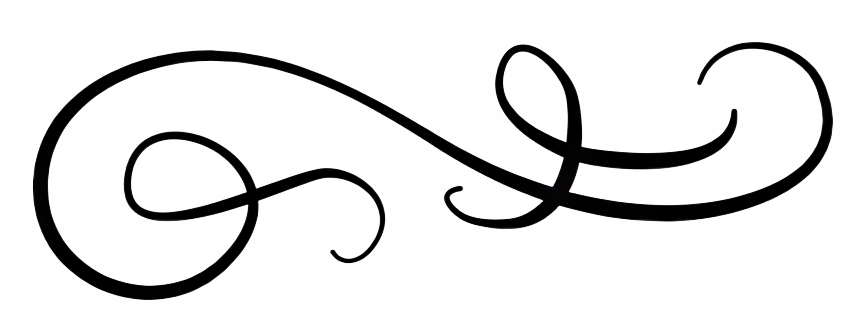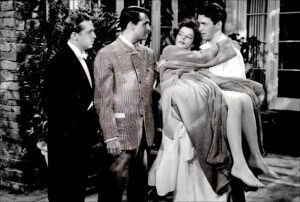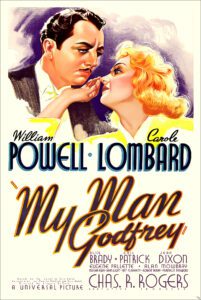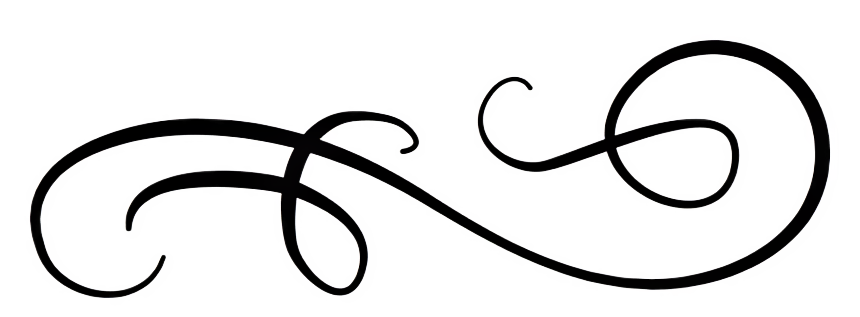
Screwball Comedies: Hollywood’s Witty Rebellion Against Convention

Born during the Great Depression and flourishing throughout the 1930s and 1940s, the screwball comedy offered American audiences a zany, fast-talking, and delightfully subversive escape from the bleak realities of everyday life. These films flipped social norms on their heads, lampooned the rich, and wrapped rapid-fire dialogue in romantic chaos. What made them “screwball” wasn’t just the laughs—it was the unpredictable blend of romance, class warfare, slapstick, and razor-sharp banter, all stitched together at a dizzying pace.
At the heart of a screwball comedy is a battle of the sexes—often a romantic tug-of-war between a strong-willed woman and a befuddled man. Roles are reversed, pride is skewered, and love is anything but smooth. These films thrive on opposites colliding, with eccentric heroines, mismatched couples, mistaken identities, and wild plot twists that teeter on absurdity. But beneath the mayhem lies sharp social commentary, especially about gender roles and class structure, delivered with charm and sophistication.
The genre’s defining moment came with Frank Capra’s “It Happened One Night” (1934), often considered the first true screwball. Clark Gable and Claudette Colbert’s opposites-attract journey set the tone for a decade of glorious anarchy. Other classics quickly followed: “Bringing Up Baby” (1938) paired Cary Grant with a madcap Katharine Hepburn and a leopard named Baby; “My Man Godfrey” (1936) poked fun at the idle rich; “The Awful Truth” (1937) turned divorce into flirtation; and “His Girl Friday” (1940) gave audiences a mile-a-minute newsroom romance starring Grant and Rosalind Russell.
Screwball comedies were smart, stylish, and surprisingly modern in their view of relationships. They let women lead, let men flounder, and proved that the road to love was much funnier when it wasn’t taken too seriously. Though the genre began to fade in the late 1940s, its influence endures—from the snappy rom-coms of the ’80s to the romantic chaos of today’s best indie films. The screwball spirit still reminds us that love, at its best, is a little unhinged.



